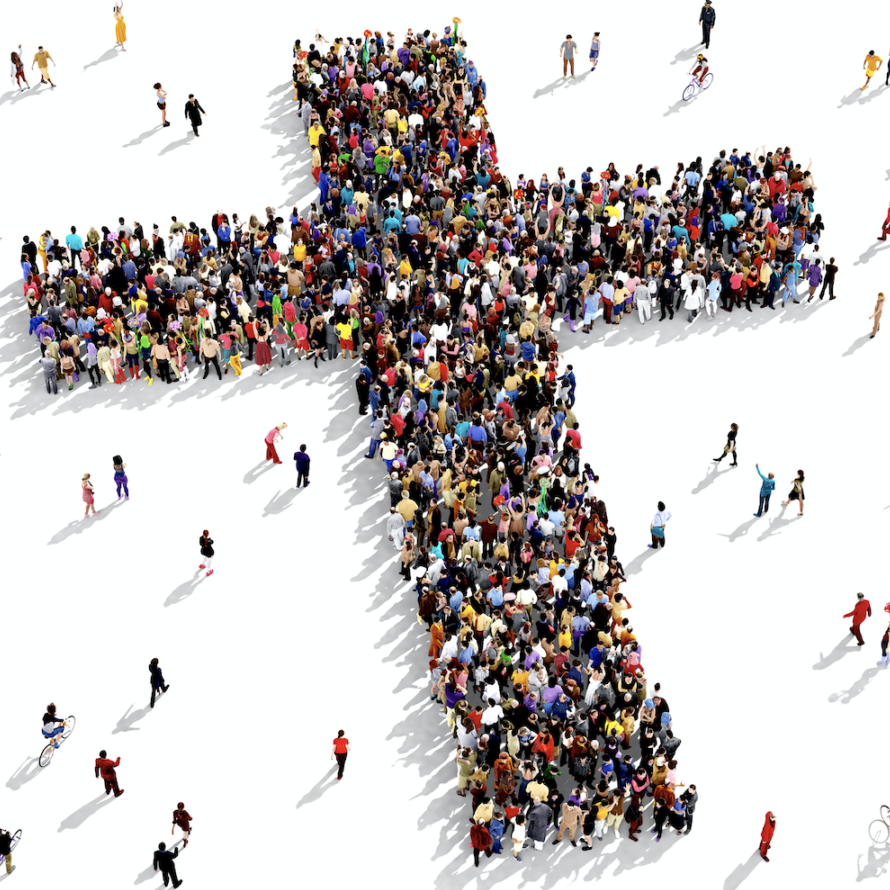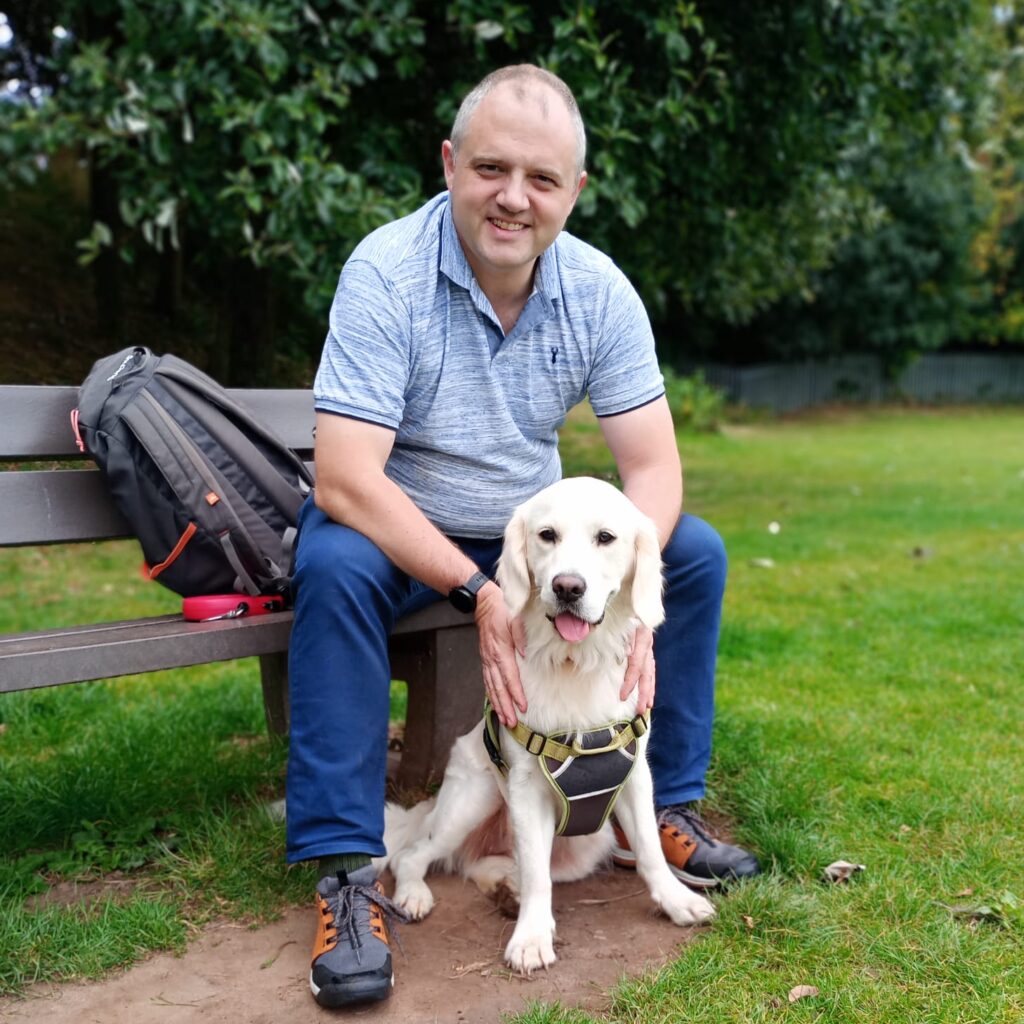1 Corinthians 12


Further Reading
Studies in 1 Corinthians 12
Part of the Body of Christ
1 Corinthians 12 is a wonderfully refreshing passage when it comes to inclusion. Though it was written 2000 years ago, it still shows so much more wisdom and insight than a lot of modern stuff that it means to be about inclusion. There’s loads I could say from it, but below I’ve written a few thoughts about what it means for neurodivergent members of the church, and their carers.
- People in the church are meant to be different from each other. That’s the point of the metaphor. If you or your kids feel different from those around you, that’s ok.
- That’s actually the way that God planned it (v18). He knows you and all the ways that you are different from those around you, and that is part of his plan for how the church should be – that it should include you.
- Other people shouldn’t treat you as if you are the same as them. They should treat you as if you are just as valuable as them, and as if your preferences are just as valid as theirs.
- The church is far stronger and better as a result of people like you being part of it. The body is meant to be made of lots of different diverse parts. Don’t worry about being different from others; celebrate it!
- Don’t be jealous of the gifts that others have. They might be a finger with lots of abilities and visible impact; you might be a liver – not necessarily visible on the surface, but pretty much impossible to live without!
- You don’t even have to understand how you contribute to the body to be an important part of it. My appendix doesn’t serve an obvious function; it certainly doesn’t understand what it does, and yet all the research says that without it I stand much less chance of fighting off disease.
- God gives extra honour to the “less honourable” parts of the body, so that all parts of the body are equal in value, even though they have very different functions. (v22-25).
John Allister
John Allister is the vicar of St Jude’s Church in Nottingham, England.
He is autistic, and has degrees in Theology and Experimental & Theoretical Physics.


